Welcome
Over the last 20 years the Foundation has in South Africa established itself as an effective organization attracting and continuing to collaborate with a number of international organizations including the
Since its in inception the Gastroenterology Foundation of sub-Saharan Africa (SSA) has raised over R50 million (approximately $3.0 million USD) in the form of generous pledges from the pharmaceutical and the device industry. It has sponsored 20 research grants, 102 travel awards to fellows in training for international travel and 415 local travel awards. In addition, we have awarded two international scholarships, one to Brown University in the USA and two to Oxford University in the United Kingdom. In 2022 we assisted with a Fellowship to Ghent for advanced endoscopy and in 2023 we have facilitated 2 fellowships – one for Liver transplantation at Kings college hospital and the other in IBD at St Thomas’s hospital London.
Read more >>
Since its in inception the Gastroenterology Foundation of sub-Saharan Africa (SSA) has raised over R50 million (approximately $3.0 million USD) in the form of generous pledges from the pharmaceutical and the device industry. It has sponsored 20 research grants, 102 travel awards to fellows in training for international travel and 415 local travel awards. In addition, we have awarded two international scholarships, one to Brown University in the USA and two to Oxford University in the United Kingdom. In 2022 we assisted with a Fellowship to Ghent for advanced endoscopy and in 2023 we have facilitated 2 fellowships – one for Liver transplantation at Kings college hospital and the other in IBD at St Thomas’s hospital London.
Read more >>
Project Echo
As a Hub, the Division of Hepatology and Liver Clinic in the Department of Medicine, Groote Schuur/UCT has been hosting “Viral hepatitis in sub-Saharan Africa” ECHO clinics aimed at delivering expertise on the management of viral hepatitis to under-resourced regions. In response to the COVID-19 pandemic, Project ECHO at The University of New Mexico, Albuquerque has expanded our licence to run weekly COVID-19 clinician-based virtual meetings on the ECHO ZOOM platform, featuring both international and national clinicians and researchers. These weekly meetings are facilitated by Profs Wendy Spearman and Mark Sonderup and chaired by Prof Graeme Meintjes, Infectious Diseases Specialist, Groote Schuur Hospital/UCT together with a panel of experts including infectious disease specialists, respiratory physicians, critical care specialists, cardiologists and rheumatologists.Supported by the Gastroenterology Foundation of Sub Sahara Africa.
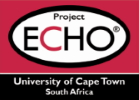
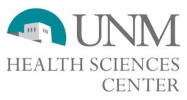

Hep Bridge

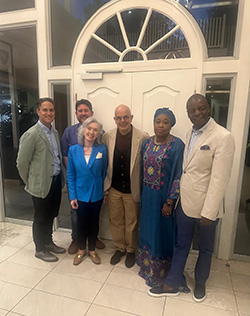
I was honoured to participate in the Inaugural Meeting of the Hepbridge Scientific Advisory Committee, held in Johannesburg on 10 October 2025, in my capacity as Chairperson. The Advisory Committee stands as a cornerstone for scientific excellence, evidence-based decision-making, and strategic guidance in advancing the vision of a hepatitis-free Africa—by eliminating viral hepatitis as a public health threat by 2030. This commitment is fully aligned with global health goals and the African Union’s Triple Elimination Agenda to end mother-to-child transmission of HIV, hepatitis B, and syphilis.
Click here for more information
News
WHO GUIDANCE ON IMPLEMENTING PATIENT BLOOD MANAGEMENT
View booklet here
On Saturday, 2nd November 2024 the Gastroenterology Foundation Saharan Africa facilitated a meeting between leading Hepatologists in South Africa and the Department of Health.
The purpose of the meeting was to formulate guidelines for the screening and treatment of chronic viral hepatitis B in South Africa.
The discussion focussed on the pregnant mother and on the prevention of mother to the child transmission of the hepatitis B virus - PMTCT
In addition an urgent need to expand Universal birth dose vaccine for hepatitis B to all infants at birth was discussed.
The meeting was lively and cemented a good working relationship with the Department of Health which hopefully will lead to increased awareness and access to treatment for chronic viral hepatitis in South Africa.
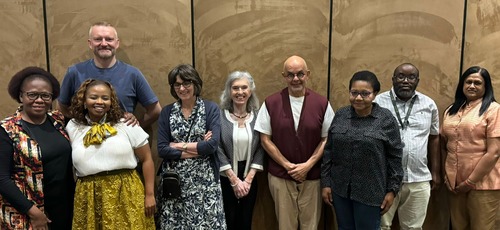
View booklet here
On Saturday, 2nd November 2024 the Gastroenterology Foundation Saharan Africa facilitated a meeting between leading Hepatologists in South Africa and the Department of Health.
The purpose of the meeting was to formulate guidelines for the screening and treatment of chronic viral hepatitis B in South Africa.
The discussion focussed on the pregnant mother and on the prevention of mother to the child transmission of the hepatitis B virus - PMTCT
In addition an urgent need to expand Universal birth dose vaccine for hepatitis B to all infants at birth was discussed.
The meeting was lively and cemented a good working relationship with the Department of Health which hopefully will lead to increased awareness and access to treatment for chronic viral hepatitis in South Africa.

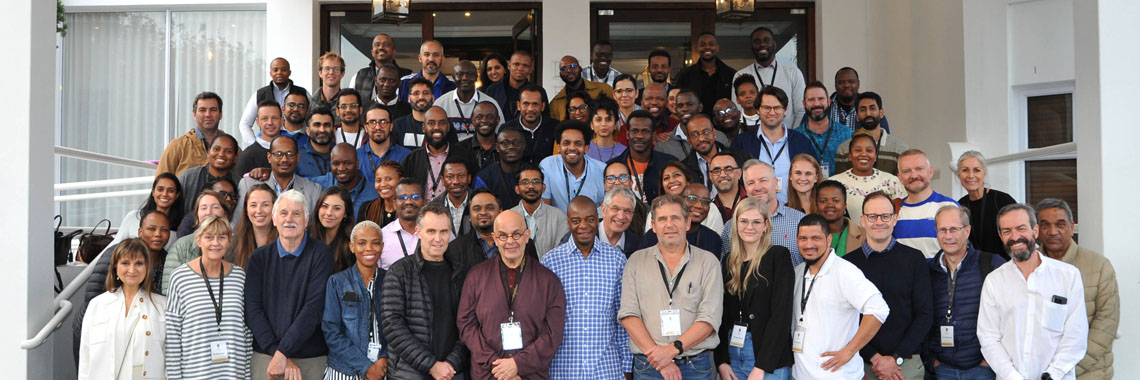
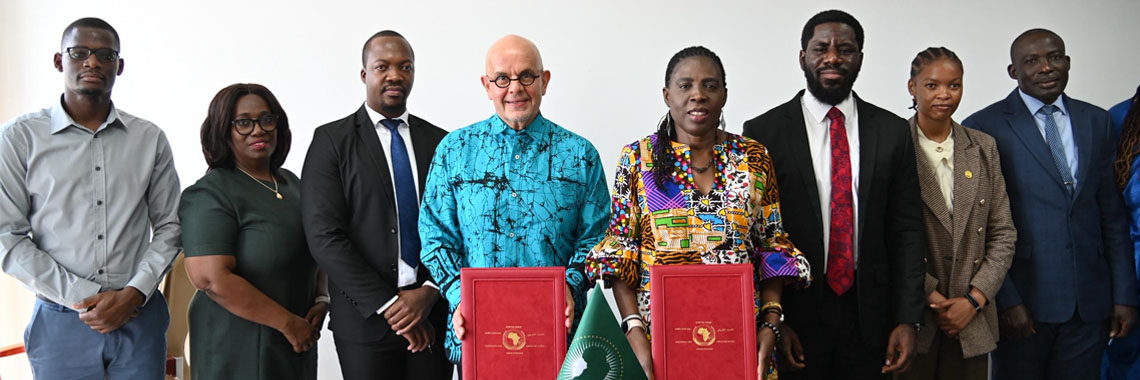
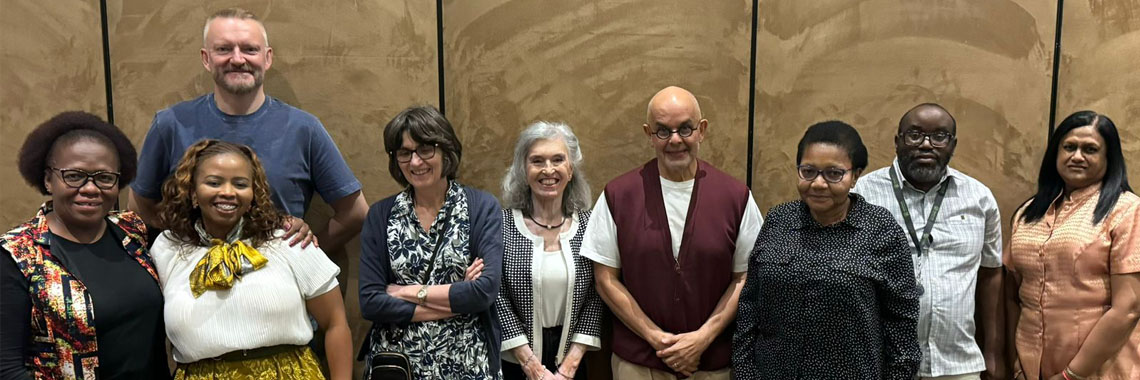
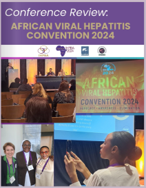 Conference Review:
African Viral Hepatitis Convention 2024
Conference Review:
African Viral Hepatitis Convention 2024